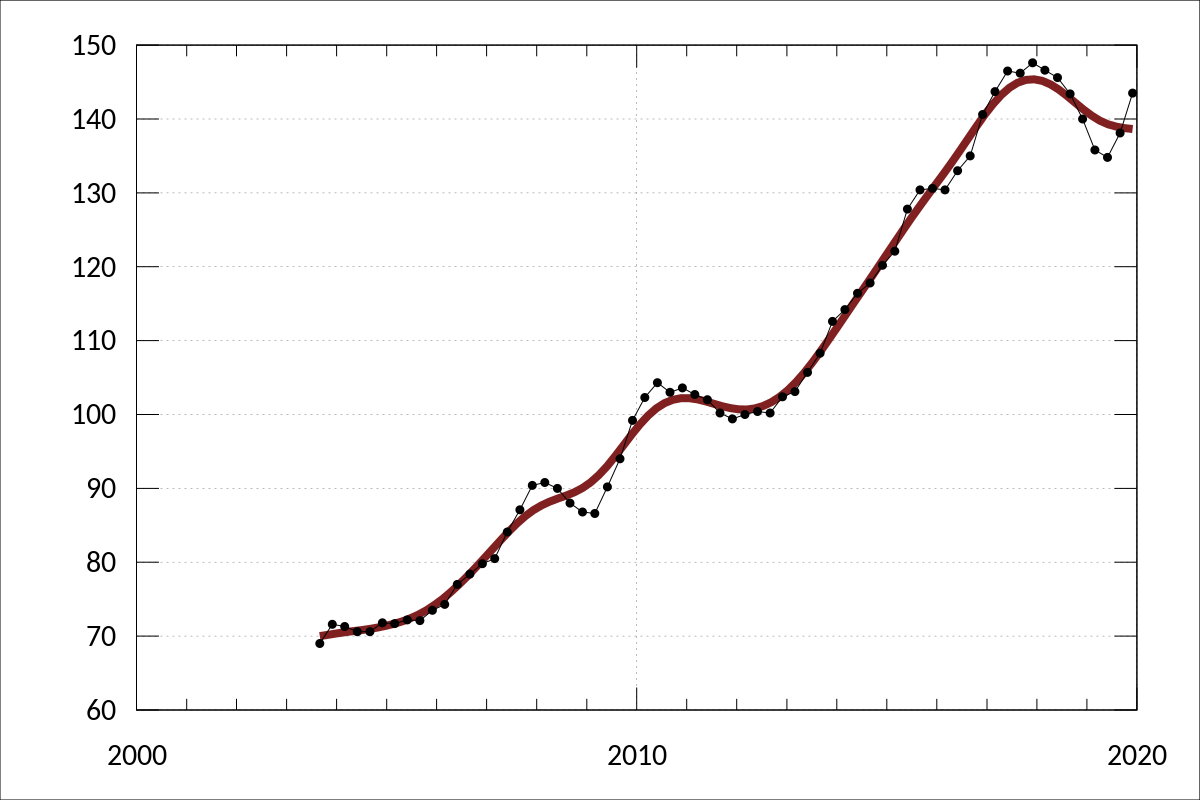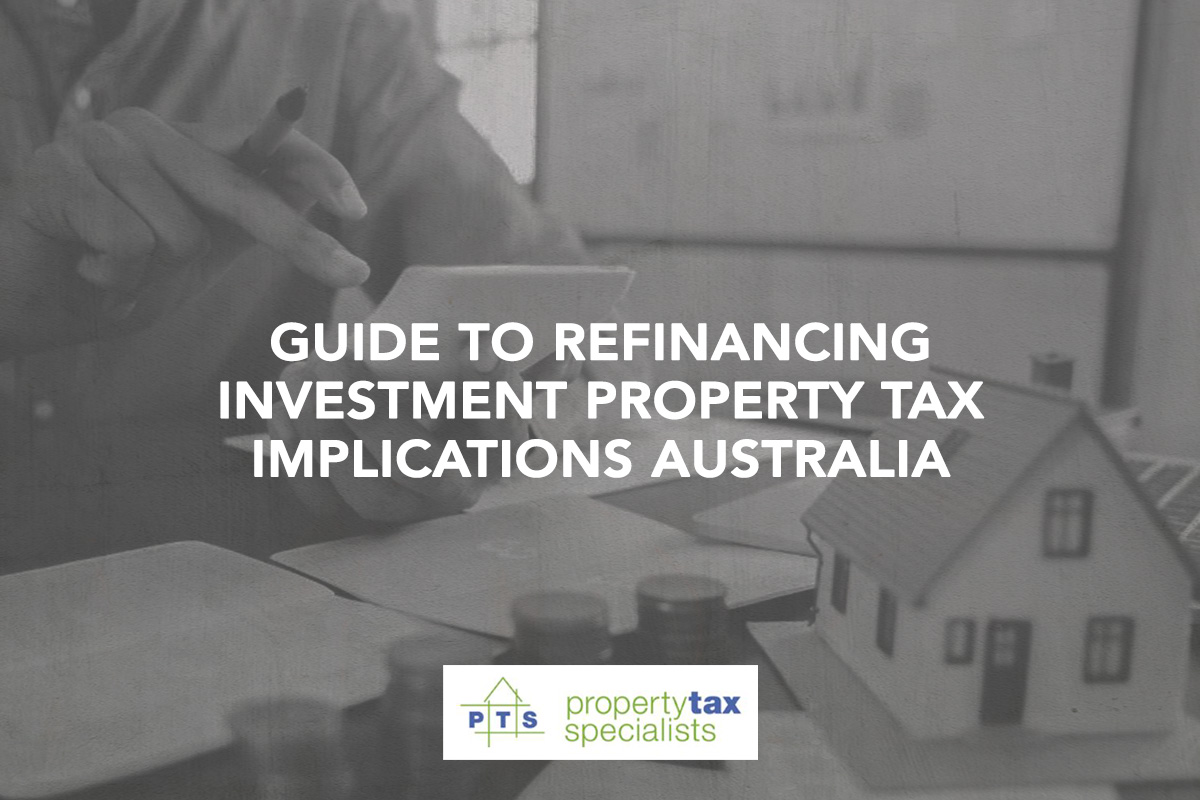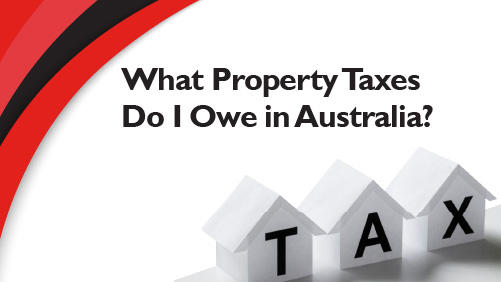Property Tax in Australia: A Comprehensive Guide
Introduction
When it comes to owning property, one crucial aspect that property owners in Australia need to consider is property tax. Property tax plays a significant role in the country’s taxation system, contributing to local government revenue and funding essential services. In this article, we’ll delve into the intricacies of property tax in Australia, exploring its types, calculation methods, exemptions, and its role in the broader tax landscape.
The Types of Property Taxes
Property taxes in Australia can be broadly categorized into two main types: land tax and council rates.

How much is property tax in Australia?
Land Tax
Land tax is a state-based tax levied on the value of land an individual or entity owns. This tax is paid annually and varies from state to state. The primary objective of land tax is to encourage the efficient use of land and deter land speculation. The amount of land tax payable depends on the total value of the land holdings owned by an individual or company in a specific state.
Council Rates
Council rates, on the other hand, are local government taxes that property owners pay to fund essential community services and infrastructure within their local area. These rates are calculated based on the value of the property and are collected by local councils. The revenue generated from council rates is used to maintain public facilities such as roads, parks, libraries, waste management, and more.
Calculating Property Taxes
The calculation of property taxes in Australia is complex and can vary depending on the state or territory in which the property is located.
Land Tax Calculation
Land tax is generally calculated based on the unimproved value of the land. The unimproved value refers to the value of the land itself without considering any buildings or improvements. Each state has its own thresholds, rates, and exemptions for land tax. If the combined value of a property owner’s land holdings exceeds the threshold set by the state, land tax is applied to the excess amount.
Council Rates Calculation
Council rates are calculated by multiplying the property’s valuation by the council’s rate in the dollar. The property’s valuation is determined through a process known as property valuation, which assesses the market value of the property. Councils set their own rates, and these can vary significantly from one council to another.
Exemptions and Concessions
Certain exemptions and concessions exist to provide relief to property owners from the burden of property taxes.
Land Tax Exemptions and Concessions
Many states offer land tax exemptions or concessions for specific types of properties. For example, primary residences are often exempt from land tax, and properties used for charitable purposes or primary production might also receive concessions. These exemptions and concessions aim to support specific sectors and alleviate the tax burden on certain property owners.
Council Rates Exemptions and Concessions
Council rates exemptions and concessions can also vary depending on the local council’s policies. Pensioners, for instance, might be eligible for reduced rates or exemptions in some areas. Additionally, properties used for religious, charitable, or community purposes might qualify for concessions on council rates.

Property Taxes in the Broader Tax Landscape
Property taxes are an important source of revenue for both state governments and local councils. They contribute to funding essential services such as education, healthcare, infrastructure development, and public safety. Property taxes also play a role in influencing property ownership patterns, encouraging efficient land use, and deterring property speculation.
Conclusion
Property taxes in Australia encompass both land tax and council rates, each serving distinct purposes within the taxation system. Land tax focuses on the value of land holdings, encouraging responsible land use, while council rates fund local government services and infrastructure. Understanding the calculation methods, exemptions, and concessions associated with these property taxes is essential for property owners to effectively manage their tax obligations. As property values and economic conditions evolve, property taxes continue to play a vital role in shaping local communities and supporting the broader economy. https://cbdtax.com.au/tax-advice/

